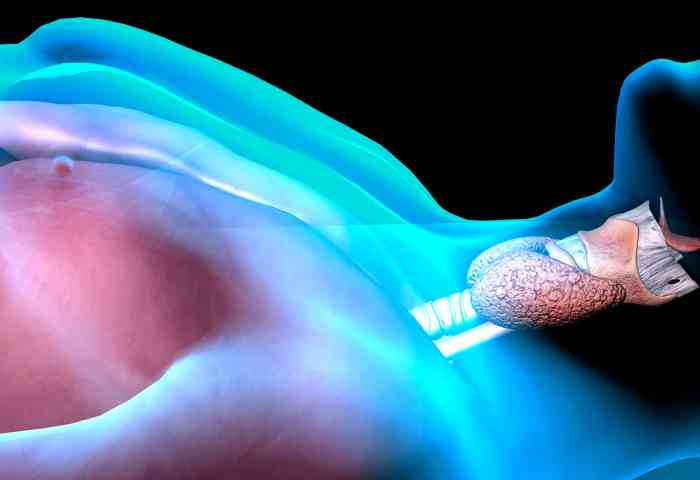Get started with Mizzou
Apply hereBachelor of Health Science
Respiratory therapists perform a lifesaving role in health care delivery. As a current Registered Respiratory Therapist (RRT), you rapidly respond to patients experiencing breathing difficulties and other cardiopulmonary issues, no matter their age or medical condition. You also work with doctors to establish patient care plans. You cover respiratory recovery, supporting patients with chronic conditions like asthma and other acute concerns.
Over the past few years, demand for respiratory therapists has grown. Industry expectations have also changed. RRTs must possess knowledge about specialized equipment and deliver evidence-based diagnostic care. Mizzou's online Bachelor of Health Science (BHS) in Clinical and Diagnostic Care with an emphasis in Respiratory Therapy builds on your previous education and experience.
The goal of the University of Missouri RRT to BHS degree advancement program is to provide graduates a point of entry into respiratory care professional practice degree programs. The RRT to BHS program serves as a gateway, instilling our students with additional knowledge, skills and attributes for success. This program's focus on leadership, management, education, research and advanced clinical practice will enable our students to meet their current professional goals and prepare them for practice as advanced degree respiratory therapists.
Expected student learning outcomes
- Utilize management and leadership principles to solve problems and improve performance.
- Demonstrate strategies and techniques to enhance patient education and rehabilitation in all populations.
- Employ research methodology to analyze relevant medical literature.
- Integrate pertinent clinical data into recommendations for appropriate critical care interventions.
- Apply ethical theories and principles to make recommendations for patient care.
- Integrate multiple perspectives to provide a comprehensive analysis of current issues in health care.
Quick facts
Official name
Bachelor of Health Science in Clinical and Diagnostic Sciences with an emphasis in Respiratory TherapyCampus
Program type
Bachelor's degreeAcademic home
College of Health Sciences | Department of Clinical and Diagnostic SciencesDelivery mode
100% onlineAccreditation
Higher Learning CommissionTransfer credit hours
30Transfer estimated cost
$20,409.00*This cost is for illustrative purposes only. Your hours and costs will differ, depending on your transfer hours, your course choices and your academic progress. See more about tuition and financial aid.
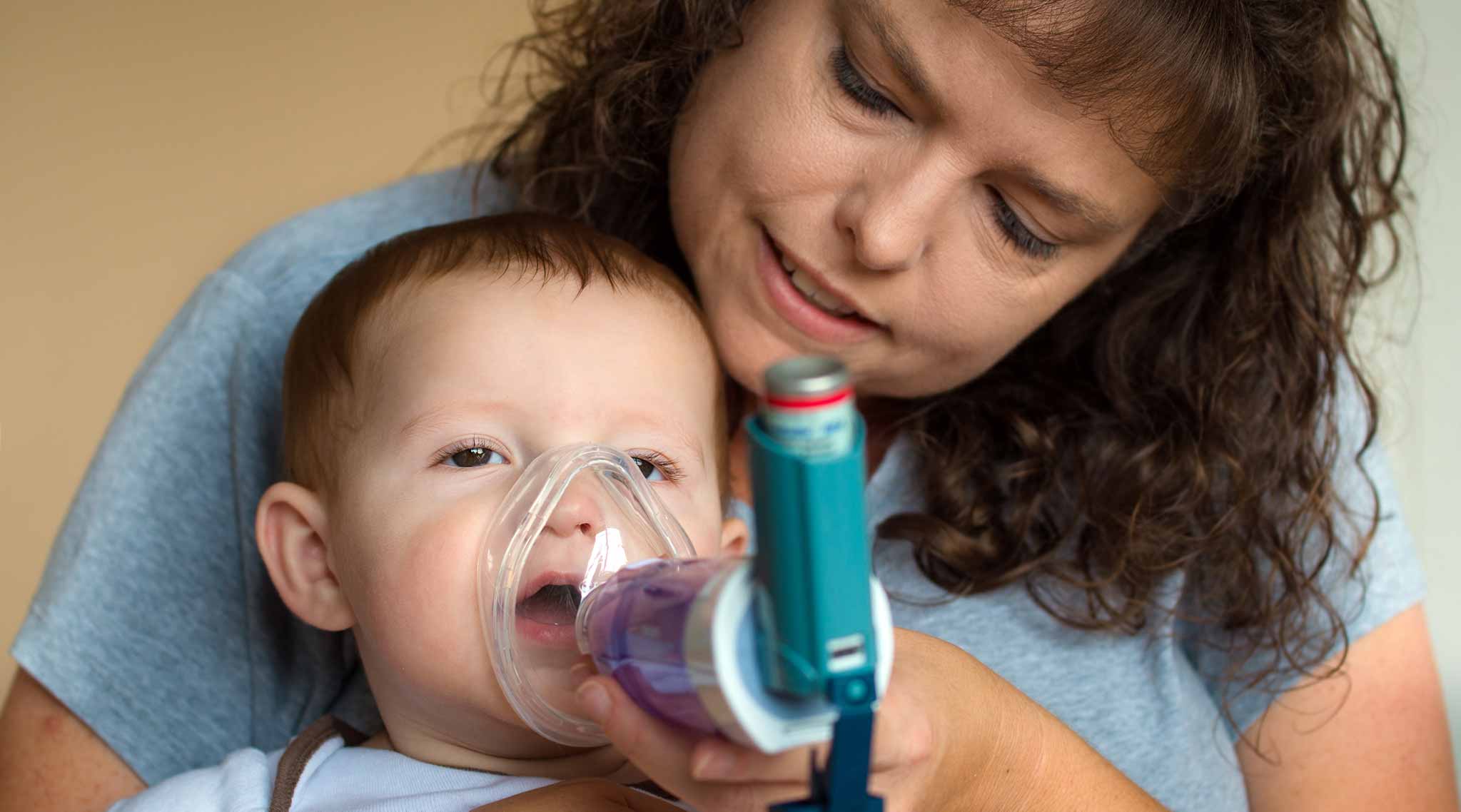
Career prospects
As a graduate of this program, potential careers include:
- Advanced clinician.
- Clinical and academic educator.
- Community educator.
- Consultant.
- Department manager.
- Medical equipment industry leader.
About the BHS in Respiratory Therapy program
You'll learn from the expert faculty in Mizzou's Department of Clinical and Diagnostic Sciences, housed within the College of Health Sciences. This program builds on the knowledge and skills you've already developed. It is meant for students who already possess RRT certification. The bachelor's in respiratory therapy program consists of 30 credit hours and is fully online. You won't be required to complete any campus visits during the program.
As you work through your degree, you will:
- Advance your role as a respiratory therapist.
- Provide care under supervision of a physician.
- Operate and monitor patient support devices, such as mechanical ventilators.
- Deepen your clinical knowledge base to treat patients of all age levels in a variety of settings.
Are you considering a different degree path? See all online programs offered through the College of Health Sciences.
Program structure
Over 30 credit hours, the online Bachelor of Health Science in Respiratory Therapy focuses on higher-level competencies for existing practitioners.
This program is 100 percent online; no campus visits are required. You may meet your coursework requirement with both semester-based and self-paced courses.
Coursework includes
This program explores the following topics:
- Bioethics in health care.
- Emergency and disaster management for respiratory therapists.
- Developing educational presentations.
- Pediatric respiratory care.
- Resuscitation and treating respiratory conditions.
- Advanced mechanical ventilation therapy.
- Delivering critical respiratory care to patients of all ages.
- Current issues influencing the respiratory therapy field.
Review all requirements for the online BHS in respiratory therapy.
Delivery
100% onlineCalendar system
Semester-basedTypical program length
VariesTypical course load
Varies if full time or part timeAccreditation
The University of Missouri is accredited by the Higher Learning Commission, one of six regional institutional accreditors in the United States.
This program (CoARC #510020) holds Provisional Accreditation from the Commission on Accreditation for Respiratory Care (CoARC).
This status signifies that a program with an Approval of Intent has demonstrated sufficient compliance with the Standards through submission of an acceptable Provisional Accreditation Self-Study Report and any other documentation required by the CoARC, as well as satisfactory completion of an initial on-site visit.
Faculty spotlight
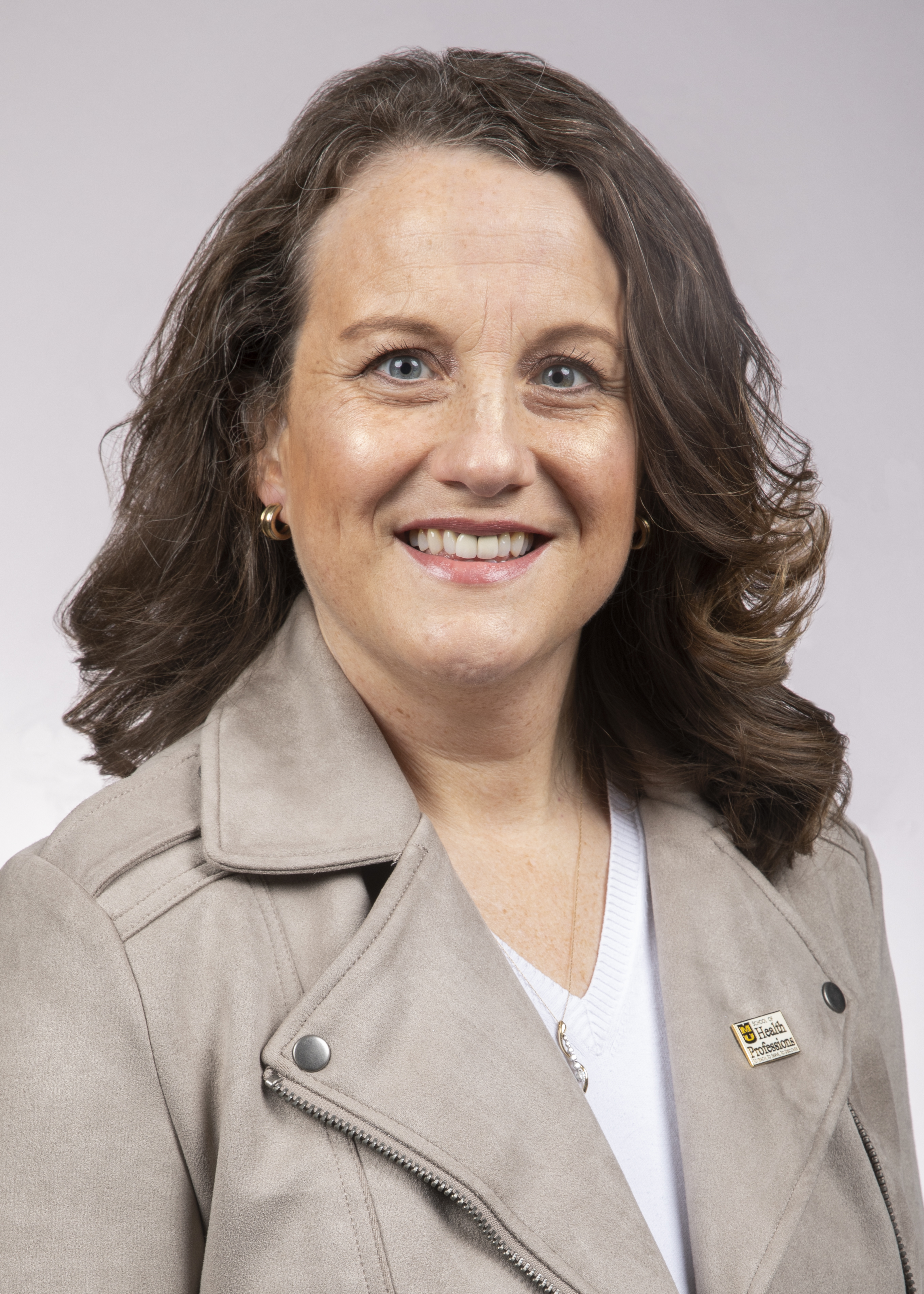
Professor Keely has been teaching in the MU RT program since 2008 in addition to being a 2001 graduate of the program. Her areas of expertise are adult critical care and writing for the health professions. She teaches Pharmacology, Equipment and Techniques, Principles of Mechanical Ventilation, Adult Critical Care, Clinical Ethics and Patient and Community Education. She also serves as the faculty advisor for the Respiratory Therapy Students Association.
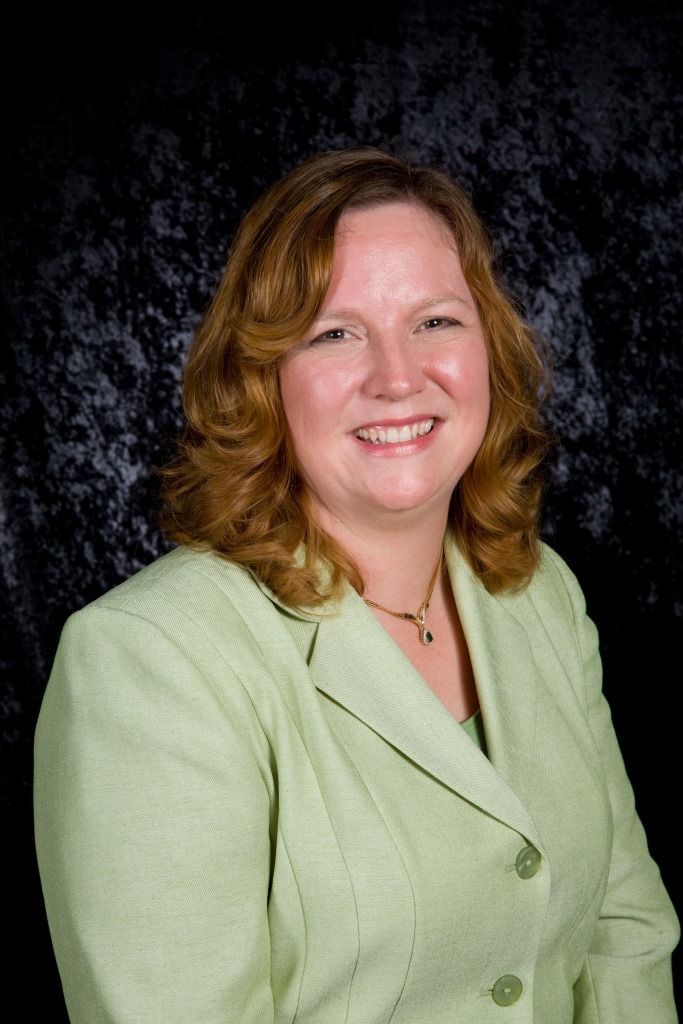
Linda Lair has a master's in training and development and is a Registered Pulmonary Function Technologist. She began her career as an on-the-job trainee in the mid-1980s working in home care, pulmonary rehabilitation and fixed-wing patient transport with patients across the lifespan. She has served as the Director of Clinical Education for the University of Missouri's respiratory therapy program since 2008. In addition to coordinating all the students’ clinical experiences and precepting students, she teaches Pulmonary Function Testing; Pulmonary Rehabilitation; and Organization and Administration.
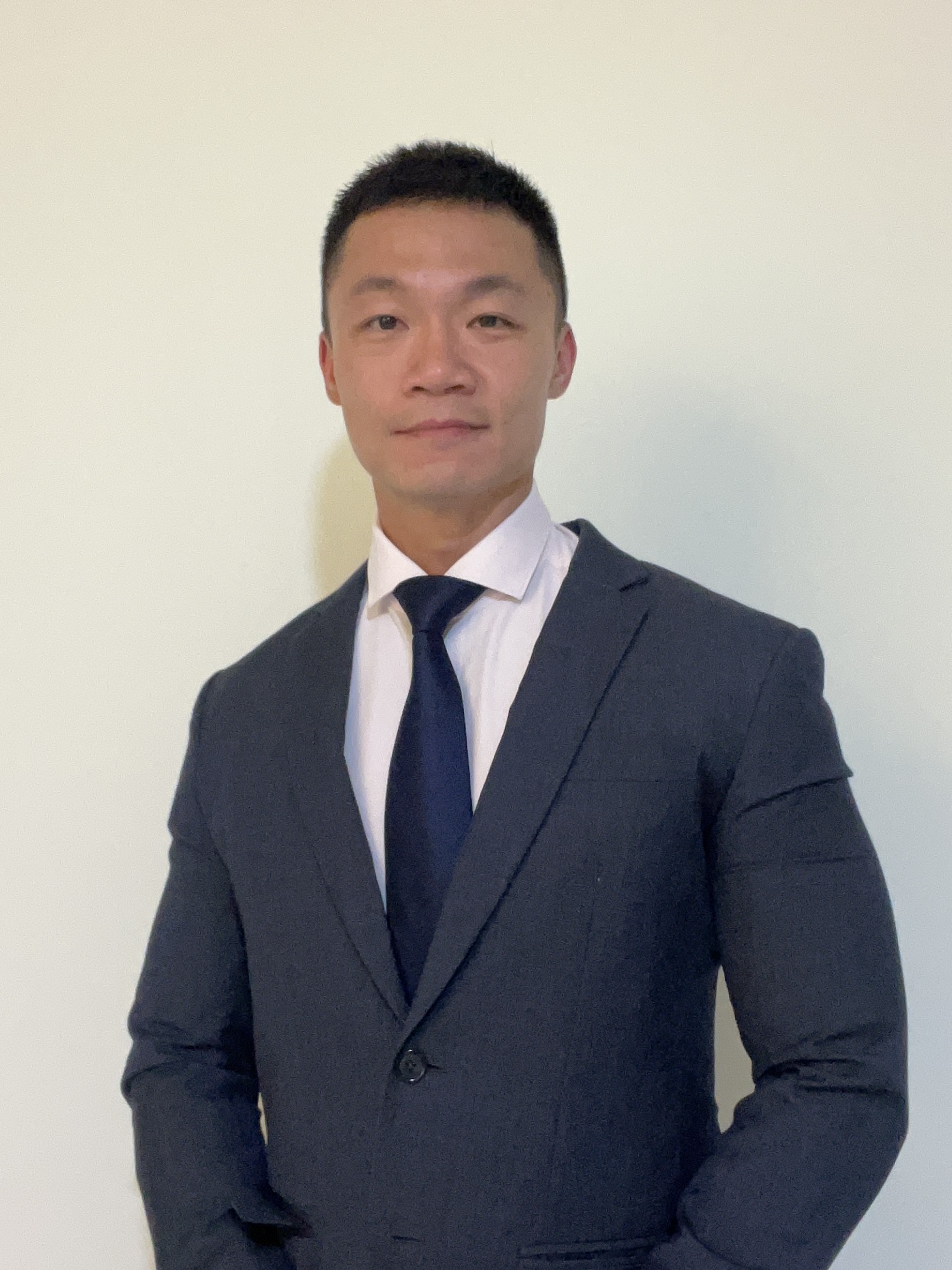
Ivan Lee is a proud alumnus of the University of Missouri's respiratory therapy program class of 2012 and has been facilitating online learning for the program since 2021. His clinical specialties and interests include adult critical care, research, high-fidelity simulation and management of patients with sleep-related breathing disorders. He has taught Clinical Leadership; Community and Patient Education; and Current Issues in Respiratory Care.
